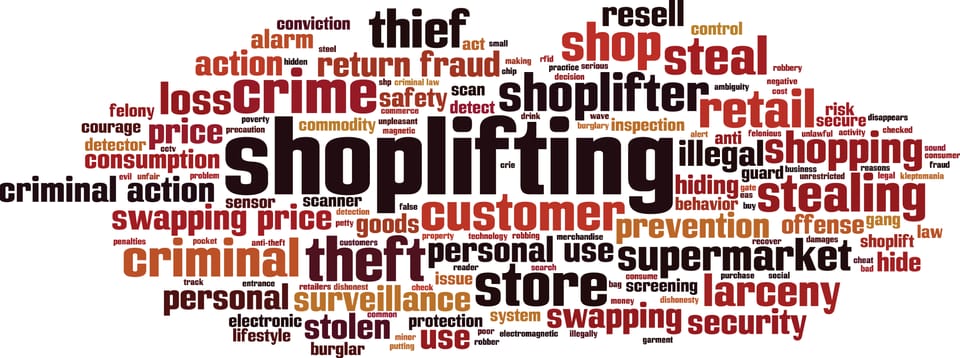Is Your Loss Prevention Strategy Passive? Here's How You can Make it Proactive

Retail Shrinkage is a significant concern for retailers, with losses topping billions of dollars each year for the industry. Most retailers tend to react to losses after they occur. In this article, we'll look at the reactive mode that is plaguing the industry and list down some strategies retailers can use to transform themselves from a passive mode of checking losses to a more active one – one that has the potential to prevent retail theft.
Loss Prevention Today
While there is wide acknowledgment of the fact that Retail Shrinkage is a complex issue, most retailers today learn about losses after the theft has taken place.
| Method | Why this is Passive |
|---|---|
| CCTV | Needs someone to review hours of footage to shortlist the ones related to theft incidents. |
| Electronic Tags | Stores rely on customers to remove such tags before they exit the store. |
| Security Guards | Serves only as a deterrent and their presence is needed to prevent theft. |
| Audits | Involves manual audits which focus on counting and reconciliation. This is prone to human errors. |
| Loss Prevention Software | Involves monitoroing of sales data to detect potential losses. As this analysis depends on comparisons with historical data, this is yet again a passive mode of monitoring. |
Benefits of a Proactive Approach
A proactive approach to Retail Shrinkage can have numerous benefits, including:
- Reduced losses: By preventing losses before they occur, retailers can save money and reduce the financial impact of Shrinkage. Improved customer satisfaction: By reducing shoplifting and other forms of theft, retailers can create a safer and more secure shopping environment for customers.
- Increased employee engagement: By empowering employees to take an active role in loss prevention, retailers can increase employee engagement and motivation.
- Enhanced brand reputation: By demonstrating a commitment to loss prevention, retailers can enhance their brand reputation and build trust with customers.
Data Analytics as a Proactive Approach to Retail Loss Prevention
Technology and data analytics can play a critical role in a proactive approach to Retail Shrinkage. Here are some ways retailers can use technology to prevent losses:
- Use data analytics: Analyze sales data, inventory levels, and other metrics to identify trends and patterns that may indicate losses.
- Implement a robust incident reporting system: Develop a system for reporting and tracking incidents, such as shoplifting or employee theft, to identify trends and patterns.
- Use Visual AI: Use a Visual AI solution that can monitor video feeds from CCTV and detect and report suspicious behavior.
SAI Group provides Visual AI, data analytics, intuitive dashboards, and robust reporting capabilities to three of the top retail companies in the UK. Contact us to transform your retail organization’s passive loss prevention efforts into a more active one.
About SAI
As a leader in computer vision technology, SAI Group delivers cutting-edge, multi-modal AI solutions into retail environments. Using a unique platform approach, its technology uses existing camera systems to target losses, increase store safety, and underpin operational efficiencies.
All solutions are built from the ground up to ensure the highest levels of security and data protection, respecting the privacy expectations of the public and operating to stringent ethical standards while delivering substantial value to our clients. Globally, SAI monitors millions of transactions per day, protecting the revenues from tens of millions of product sales and hundreds of millions of customer interactions. Its models also accurately identify anti-social behaviour, aggression and violence, helping to de-escalate situations with real-time interfaces to security officers and operations centres.
